5 Tips for Safe and Healthy Travels
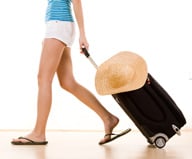
Bring a first aid kit. While you can't guard against all accidents, you can foresee the minor surprises with some degree of probability. Have something handy to relieve headaches, diarrhea and insect bites. Your "just in case" kit should also have bandages and plenty of antihistamines. You might not know that you're allergic to certain plants or insects until it's too late.
Keep your hands clean. Wash your hands often, especially before eating, to ward off germs and viruses. Rely on hand sanitizer when there is no running water available. Use wet wipes to make sure the surfaces you touch frequently are kept as clean as possible.
Beware of pests. Check the seams of your mattress, cracks and crevices of the headboard, nightstand and drawers for critters or droppings. To prevent bed bugs from coming home with you, EcoSmart Technologies (www.ecosmart.com) offers a travel-size bed bug killer and repellant with natural ingredients.
"The pest control industry is trending toward using stronger products to treat bed bugs because these pests have developed resistance to some of the current chemicals," says Steve Bessette, bed bug prevention expert. "EcoSmart incorporates over 15 years of science into a completely natural, safe and -- most importantly -- effective line of pest control products."
Stay hydrated. In a plane or on the road, it's important to stay hydrated while in transit to prevent achy muscles and deep vein thrombosis. At your destination, rely on bottled water for hydration to ward off various bacteria, viruses and other parasites that can cause diarrhea. If you need to use tap water, pack purification tablets just to be safe.
Remember your smartphone. It's a guidebook, GPS, Internet connection, dictionary, camera, alarm clock and restaurant-business-movie theater-gas station-and more locator. It's also a phone that can be used for emergencies anywhere you are. Don't forget to pack yours in case of emergencies.


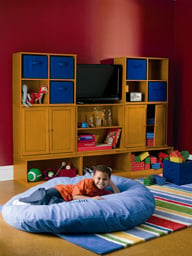
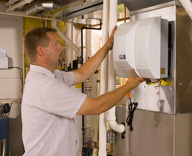
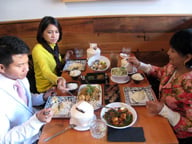
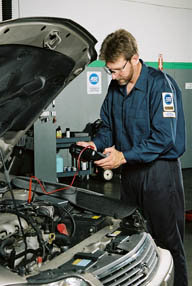
No comments: